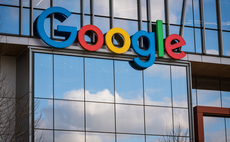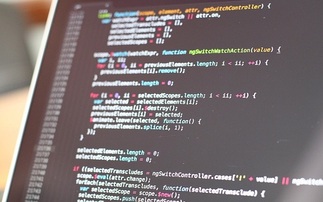Java-savvy judge sets new precedent as Android is declared totally legal
The Java API infringement issue that was left over from last week's Google and Oracle lawsuit has ended in Google's favour, as the deferred verdict sees Google not guilty of embedding unlicensed li...
To continue reading this article...
Join Computing
- Unlimited access to real-time news, analysis and opinion from the technology industry
- Receive important and breaking news in our daily newsletter
- Be the first to hear about our events and awards programmes
- Join live member only interviews with IT leaders at the ‘IT Lounge’; your chance to ask your burning tech questions and have them answered
- Access to the Computing Delta hub providing market intelligence and research
- Receive our members-only newsletter with exclusive opinion pieces from senior IT Leaders























